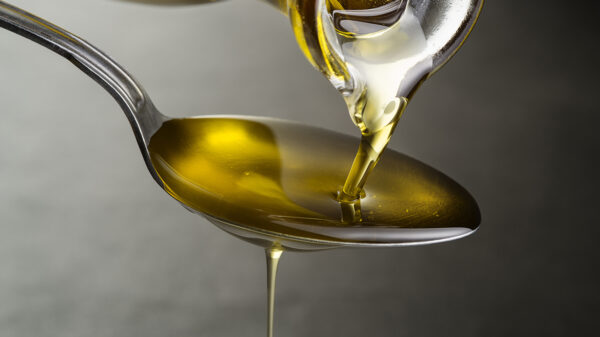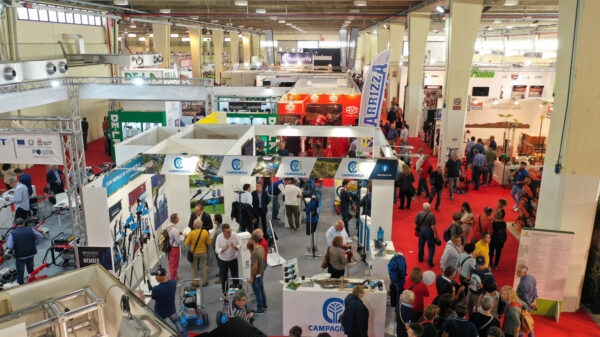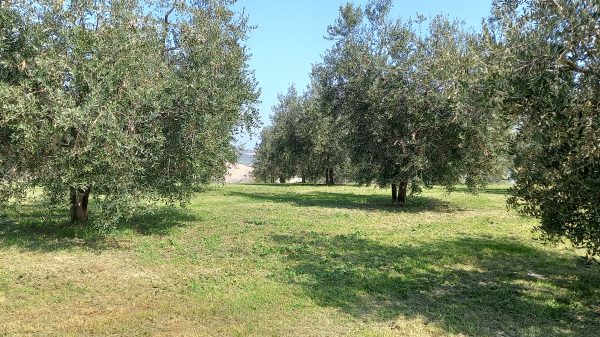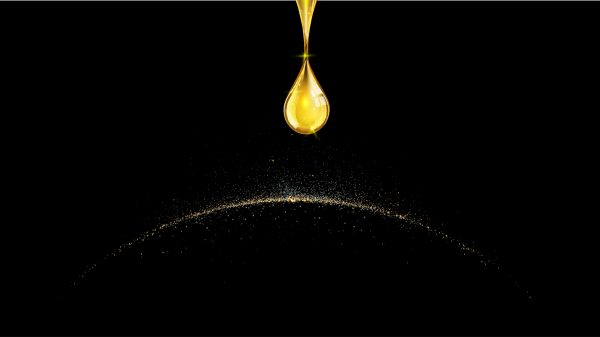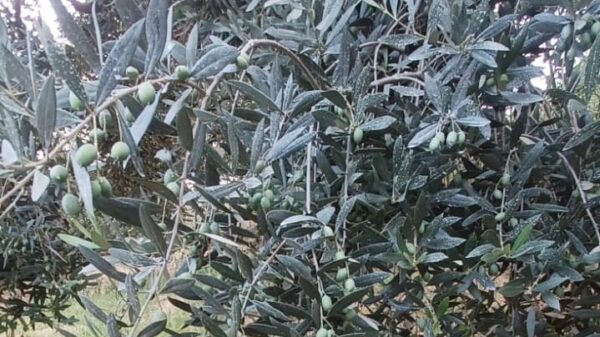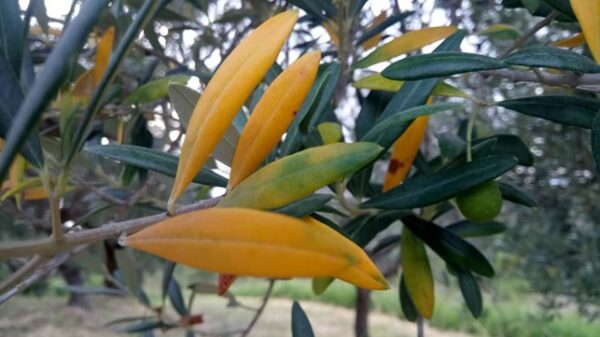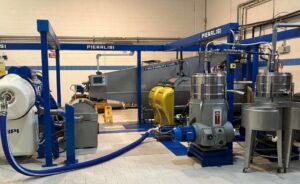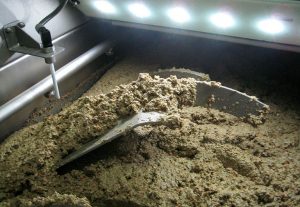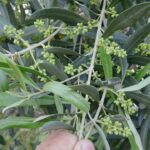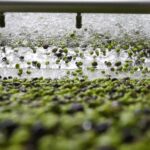Il carbon it is the main indicator of the fertility of a soil. And in the Mediterranean olive groves one is being recorded significant loss because of high rates of soil erosion due to multiple factors: climate changes that cause sudden heavy rains, significant land slopes where hillside olive groves stand, conventional manufacturing which leave the ground bare, thus favoring the soil leaching and, with it, the loss of organic carbon associated with the sediment.
With the aim of knowing whether vegetal covers are a good strategy to stop the loss of organic carbon in the soil due to erosion, the Spanish research group AGR 126 “Mechanization and rural technology” ofUniversity of Cordona, coordinated by Francisco Márquez (in the picture) made one public studio after analyzing the effects of vegetal covers on the loss of soil organic carbon compared to the use of conventional tillage for four years.
Studies conducted on 8 olive growing companies

“We studied the main olive growing areas of Andalusia, with eight farms in the main olive growing regions with different soils, different types of olive groves (traditional, mountain and intensive olive groves) and with almost all types of plant covers to also know the influence of these factors on carbon loss – explained Francisco Márquez – to conclude that vegetative covers not only reduce erosion and runoff, but also reduce the loss of organic carbon from the soil by three-quarters compared to tillage”.
The study data reveal that the plant covers in Mediterranean olive groves they have reduced runoff by 37,6% and erosion by 85,6%, also slowing down the 76,4% carbon loss. Thanks to conservative management, the soil of the olive grove has been safe by rainfall on average during each campaign 65,7%, while with tillage the soil protection fell on average to 22,4%. Even though vegetated soil multiplies its carbon concentration by four to five times compared to tilled soil, carbon loss continues to slow, dramatically reducing erosion and improving the structure and cohesion of soil particles.
More sustainable and more productive olive groves
A noteworthy aspect of the study is how the management system becomes the main factor in controlling the loss of soil organic carbon. The researcher explains: “Soil and carbon loss depends on very specific factors, such as rainfall intensity. But when we look at land cover, we see that the loss of organic carbon in the soil no longer depends on the intensity and characteristics of precipitation." This occurred in all types of olive groves and types of cover analysed.
Research confirms theuse of vegetal covers for more sustainable and productive olive groveswhich thus become carbon sinks. Soils with a higher carbon concentration have a better structure, promote the absorption of water and nutrients by plants, making them more productive, but also important allies in the fight against climate change, decontaminating the air by transforming the soil into a carbon deposit and preventing it from being dispersed and ending up polluting the water or the atmosphere.
Browse for free L'OlivoNews click , here.
